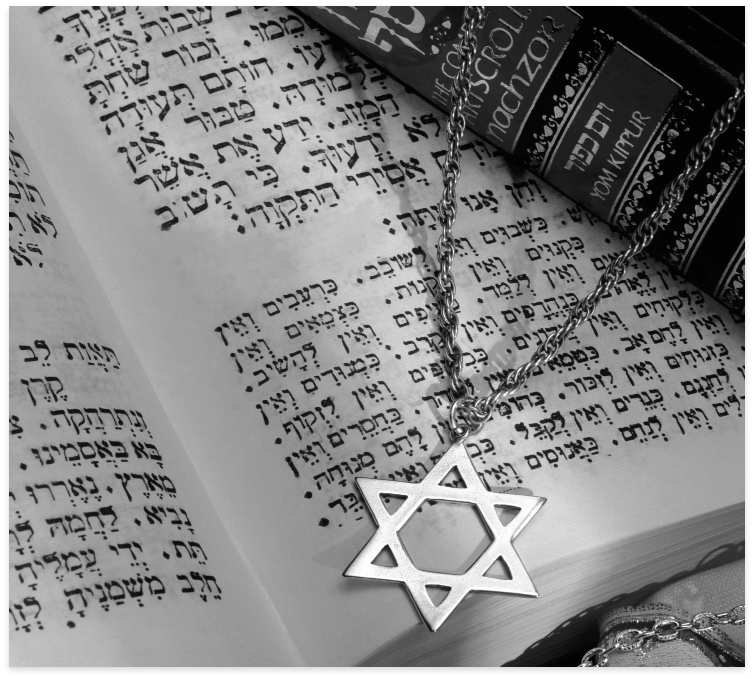Poland didn't exist as an independent country until the conclusion of WWI in 1918, and even then it needed four more years to see the international community recognize its established boundaries.
A chaotic but somewhat democratic system, supported by agrarian policy, fostered a period of robust growth propped up in part by a redistribution of land to the region's peasants. A country torn apart by war for years, Poland was now a land of many people, including Ukrainians, Jews, Belarusians, Lithuanians and Germans.
Slowly, though, they began to feel the influence of Nazi Germany.
"Little by little, year after year, we had less items that we
needed for our way of life."
— Irving Guttman


